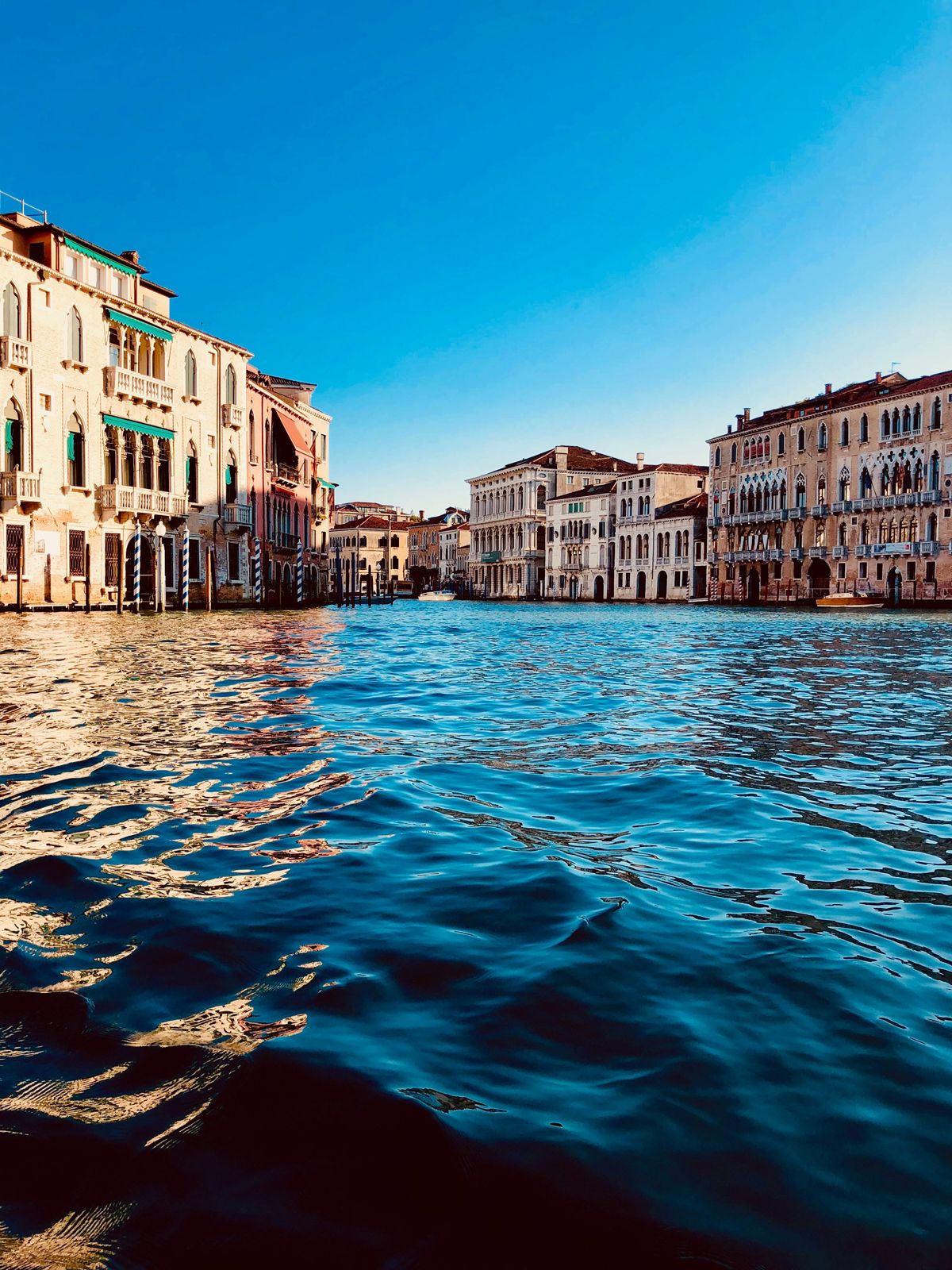An alliance of potentially great importance has been forged between the politically influential heritage lobby group Europa Nostra and the International Council on Monuments and Sites (Icomos), the NGO of international experts working for the conservation of the cultural heritage.
The future survival of Europe’s cultural heritage and the success of the European Union’s Green Deal are entwined and mutually dependent objectives is the message of its European Cultural Heritage Green Paper “Putting Europe’s shared heritage at the heart of the European Green Deal” (Executive Summary and Full Paper), which they launched jointly on 22 March.
The Green Deal is the EU’s ambitious policy, announced by its president, Ursula van der Leyen, in November 2019, to make Europe carbon-neutral by 2050, with one trillion euro of funding. Despite the economic cost of Covid-19 since then, and the opposition of a minority of member states, it remains the cornerstone of the EU policy for the next decades.
The Europa Nostra/Icomos document is structured around Green Deal’s policy objectives, including clean energy, the circular economy, renovation, smart mobility, agriculture and nutrition, green finance, research and innovation, education and training, and it has now been submitted to the EU for legislative consideration. It describes how harnessing the skills, historic knowledge and interests of the cultural heritage sector in all EU countries would assist the Green Deal’s objectives.
For example, with buildings and urbanism the policy document emphasises the circular economy, to include craftspeople, conservators and restorers, architects, engineers, managers, owners and researchers. New communities should be “walkable”, like heritage cities; traditional materials should be used where possible and existing buildings reused, but they should incorporate the most advanced energy-saving bio-based and carbon sequestering materials. The training of architects, designers and surveyors should change to take account of these priorities, while development and renovation policies should be people-centred, involving the communities.
The lead author of the document, which was produced with the support of European Investment Bank Institute, is the American lawyer, Andrew S Potts, coordinator of the International Council on Monuments and Sites' Climate Change and Heritage Working Group, which has already published and important report, "The Future of our Pasts: Engaging Cultural Heritage in Climate Action, 2019" (on the Icomos website). This reveals how Icomos is leading where Unesco is singularly failing because it has realised that culture and and climate science must join together to harness political and economic power for the benefit of everyone, not just the cultural sector. For example, if Venice is to be protected from the predicted disastrous effects of sea-level rise, it will require all four forces, working together, to a long-term strategy, which is currently wholly lacking.
Icomos believes strongly in the communicative power of cultural heritage. It wants sites to become “living laboratories”, where the understanding of climate change is fostered so that people are encouraged to work harder towards keeping the increase in temperature well below two degrees Celsius. This means balancing ethical, economic and cultural factors and managing change.
In a world where climate change is still being denied or downplayed by millions, Icomos also believes that we need to enlist social psychology to help persuade people of the urgent need for changes of policy and systems because, “There is ample knowledge of how humans can deny risk in order to deal with anxiety”.
As Potts said last month, “The European Cultural Heritage Green Paper aims to integrate cultural heritage into climate action and inspire the mobilisation of the heritage community for transformative climate action. Holding global warming to below 1.5C is our best chance at sparing the planet, its people and their cultures from the worst impacts of climate change. The European Green Deal helps put the world on that path. The future of Europe’s cultural heritage depends on its success. At the same time, Europe’s shared values and common heritage offer undeniable potential to help accomplish the Green Deal’s mission. This is why cultural heritage is essential to the success of the European Green Deal”.
Mariya Gabriel, European Commissioner for Innovation, Research, Culture, Education and Youth, stated: “The greening of Europe’s cultural heritage is an absolute necessity and provides a once-in-a-lifetime opportunity to make it more resilient and relevant. Let’s read, reflect and look at the European Cultural Heritage Green Paper in this light, to find common solutions and areas for cooperation.”
The EU Commission can be sure that it will not be allowed to go slow on this promise because the new alliance between Europa Nostra, led by the formidable Sneška Quaedvlieg-Mikhailović, and Icomos has already planned its information-gathering and lobbying campaigns for wherever they see the levers of power in the EU institutions and national governments.


